
If you're curious about what it takes to brew high-quality craft beer, you've come to the right place. This article dives deep into the world of brewing equipment, offering a comprehensive look at the essential tools and processes behind any successful brewery. Whether you're a budding homebrewer or a large microbrewery, you’ll find valuable insights on brewing kettles, wort chillers, fermentation tanks, and more. By the end, you'll understand how our craft beer equipment can help you brew exceptional beer.
1. Why Does Great Beer Depend on the Right Brewing Equipment?
Successful brewing is about more than just recipes. It requires the right equipment to maintain 100% control over every part of the process. From basic homebrewing kits to advanced brewing systems, equipment ensures consistent fermentation, carbonation, and sanitary conditions. When you invest in the right tools, you can elevate ordinary beer to premium-quality brews.
At our craft beer equipment manufacturing facility, we’ve seen firsthand how choosing the right equipment is as crucial as selecting your malt or yeast. Proper equipment protects every batch from contamination, widely recognized as a key factor in producing high-quality beer for both commercial brewing and homebrewing.
Good equipment not only preserves flavor but also offers better temperature control, which is vital for maintaining the ideal fermentation environment.
According to internal data, breweries that upgraded from standard equipment to advanced stainless steel systems saw a 20% improvement in batch consistency. Opt for 304 stainless steel whenever possible. Its corrosion-resistant, food-grade surface is essential for sanitary operations.
In an era where craft breweries are setting new standards, paying attention to the brewing environment can significantly improve your beer quality.
2. Key Features of a Quality Brewing Kettle
From our experience as craft beer equipment manufacturers, investing in the right brewing kettle lays the foundation for long-term success. It’s not just about boiling wort but ensuring consistent heat distribution so that your malt and hops steep evenly, resulting in balanced flavors.
Stable heat during brewing helps break down starch into fermentable sugars for the yeast. Relying on subpar kettles significantly increases the risk of scorching or uneven boils.
3. Fermentation Tanks: The Backbone of Craft Beer Production
Brewing systems typically include mash tuns, brew kettles, hot liquor tanks, and fermentation tanks. Fermentation tanks are especially crucial as they maintain the environment for the critical fermentation phase.
Many breweries rely on 304 stainless steel fermentation tanks for durability and hygiene. This material is corrosion-resistant and easy to clean—both vital for repeated use.
Design Advantage: Cone-shaped fermenters allow brewers to easily collect yeast at the bottom. This method is common among professional and craft brewers alike. The conical shape helps separate sediment (trub) from the fermenting beer, resulting in a cleaner final product.
Approximately 80% of craft breweries choose stainless steel conical fermenters to improve sanitation and yeast harvesting. Pair fermentation tanks with dedicated temperature control systems to maintain precise and stable fermentation conditions.
The synergy of carefully selected materials and robust designs creates a stable environment for turning wort into beer. In today’s market, where consumer standards are high, using stainless steel fermenters is one of the most critical foundations for producing high-quality beer.
4. Control Systems and Microbrewery Setups for Quality Assurance
Control systems coordinate operations—managing temperature cycles, safeguarding wort processes, and even calibrating carbonation levels in bright tanks. For expanding microbreweries, integrated control systems that monitor multiple vessels simultaneously can be game-changers.
Microbrewery setups often center around brewhouses arranged as 2-vessel or 4-vessel configurations. Some designs allow scalability to multi-barrel production while maintaining high levels of temperature control. This approach ensures consistency across batches.
If you’re transitioning from homebrewing to professional production, investing in a strong control framework is essential. This includes regulating fermentation, using dedicated burners for precise heat input, and leveraging bright tanks for final adjustments and carbonation.
Pro Tip: An optimized control system ensures consistent beer output, delighting customers with every pour.
5. Bringing It All Together for Brewing Success
Throughout this article, we’ve drawn from our experience in the craft beer equipment manufacturing industry. Proper equipment designed for hygiene, temperature control, and fermentation is essential for brewing top-quality beer. Whether you're producing small batches or scaling up, the principles remain the same:
l Choose high-quality stainless steel equipment, such as brewing kettles and conical fermenters.
l Closely monitor temperature at every stage of the brewing process.
l Use advanced microbrewery setups, like digital control systems, for consistent, professional results.
Additional Resources for Brewers
l Explore nano brewing setups for testing new recipes.
l Upgrade operations with advanced microbrewery equipment for stable, large-batch production.
l Review durable commercial brewing equipment if you plan to scale up.
l Invest in professional brewing equipment for better temperature control and sanitary design.
l Expand your operations with brewing systems tailored to your production goals.
l Maintain precise fermentation with specialized fermentation tanks.
By following these guidelines and leveraging the right brewing solutions, you’ll be well-equipped to craft outstanding beer that meets the high expectations of today’s consumers.
Still have a problem on choosing the brewery equipment? We can help with your final decision. If you are looking for a turnkey solution for craft beer brewing system, please contact us. We are looking forward to working with you. Send an email now: [email protected]
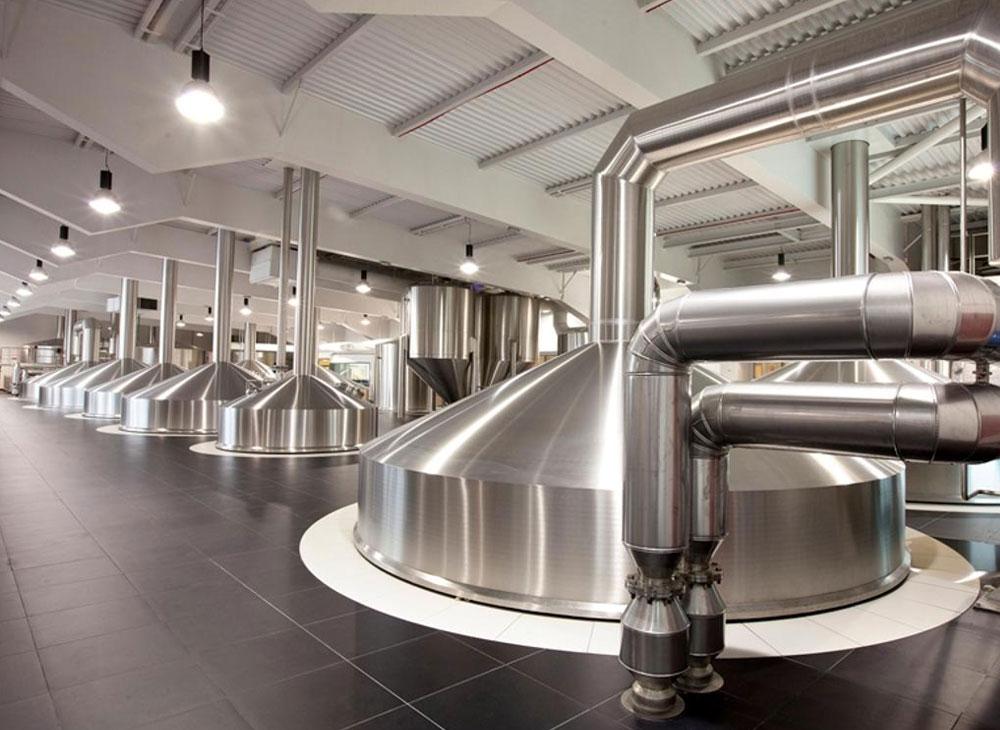
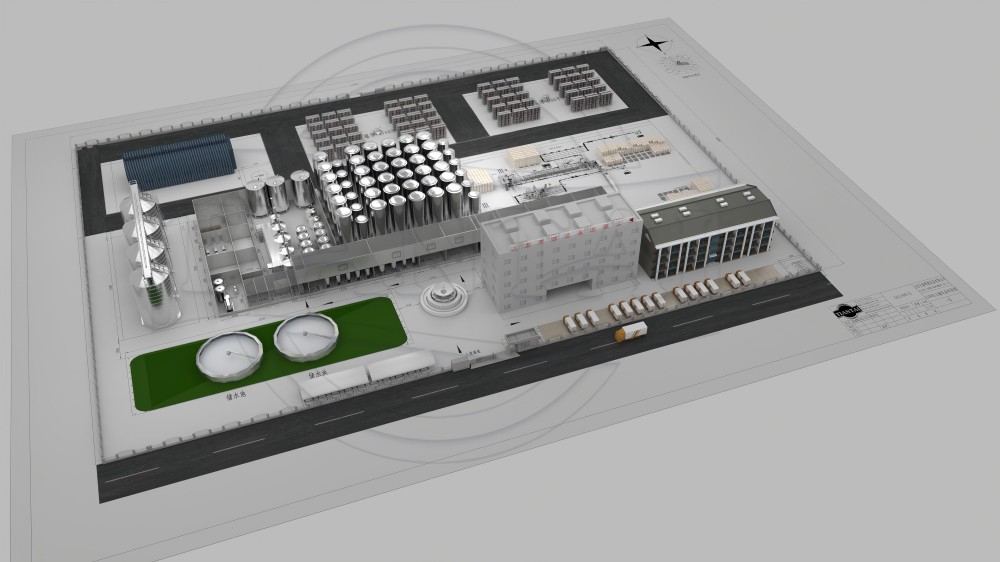
.jpg)
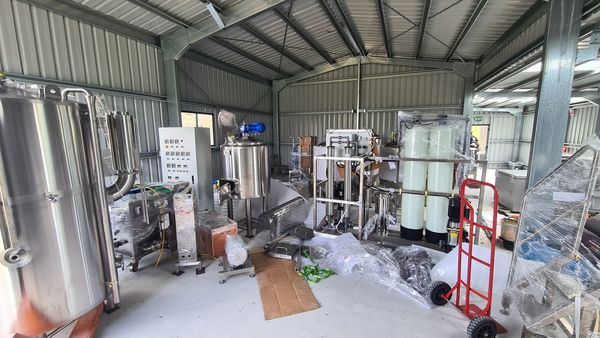
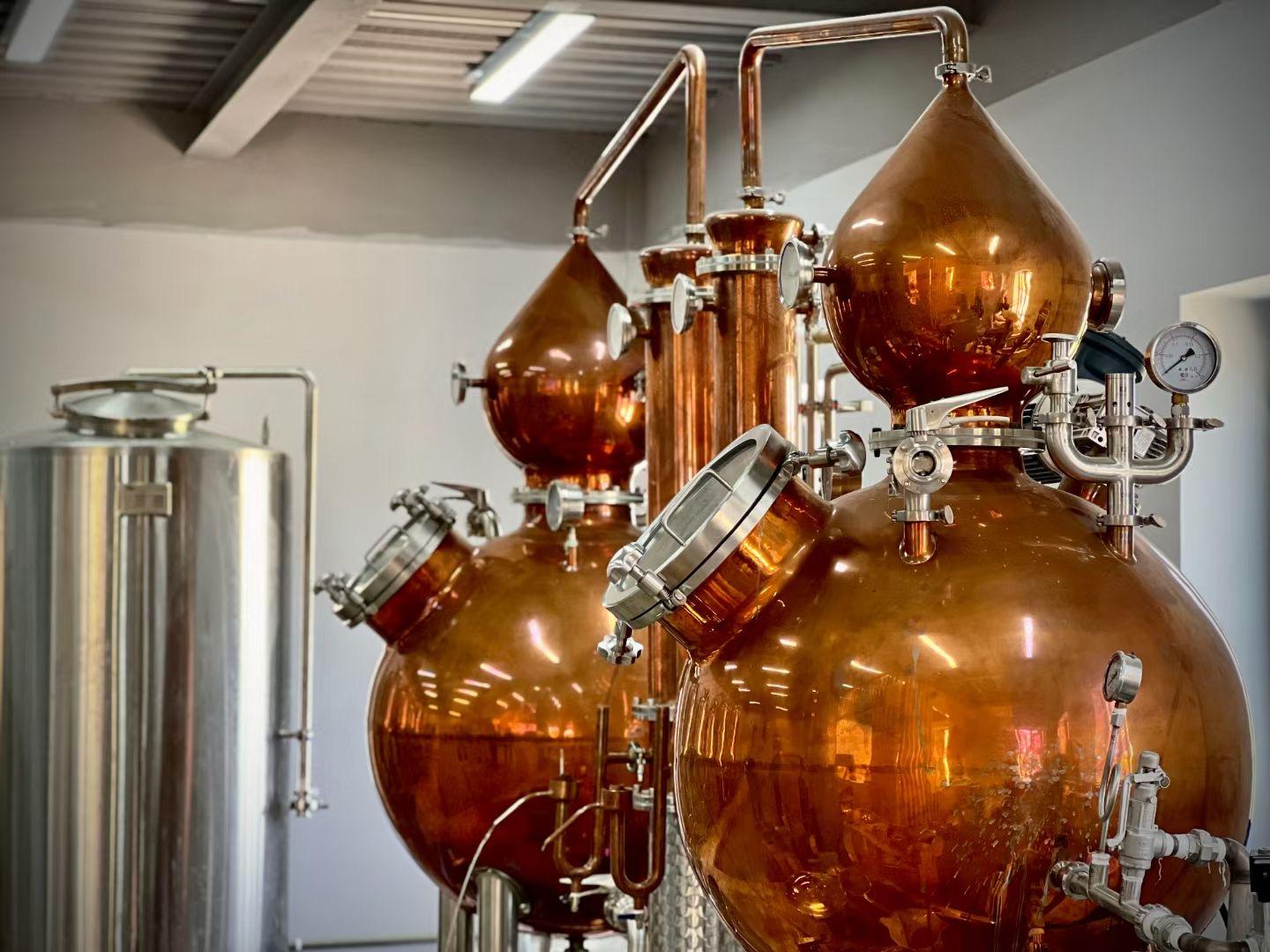
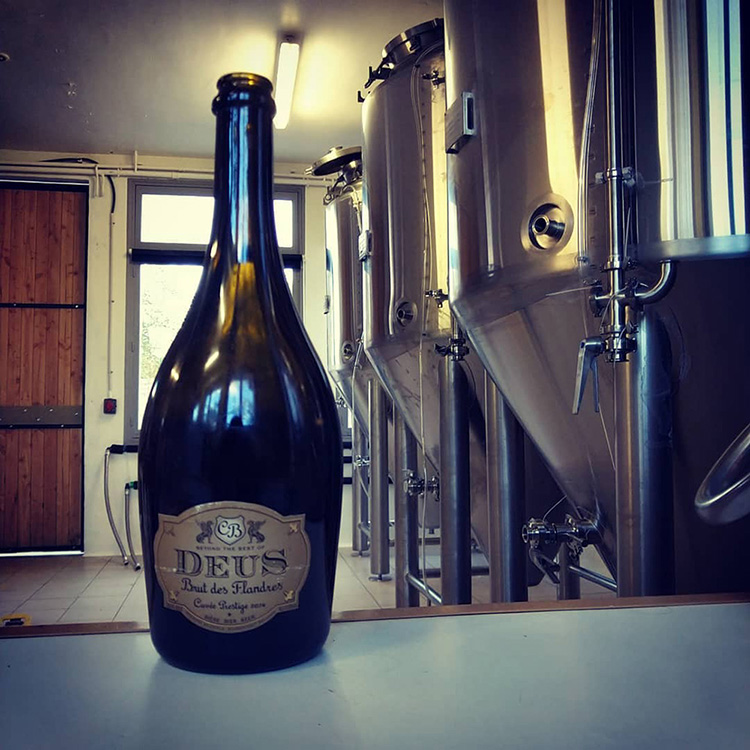
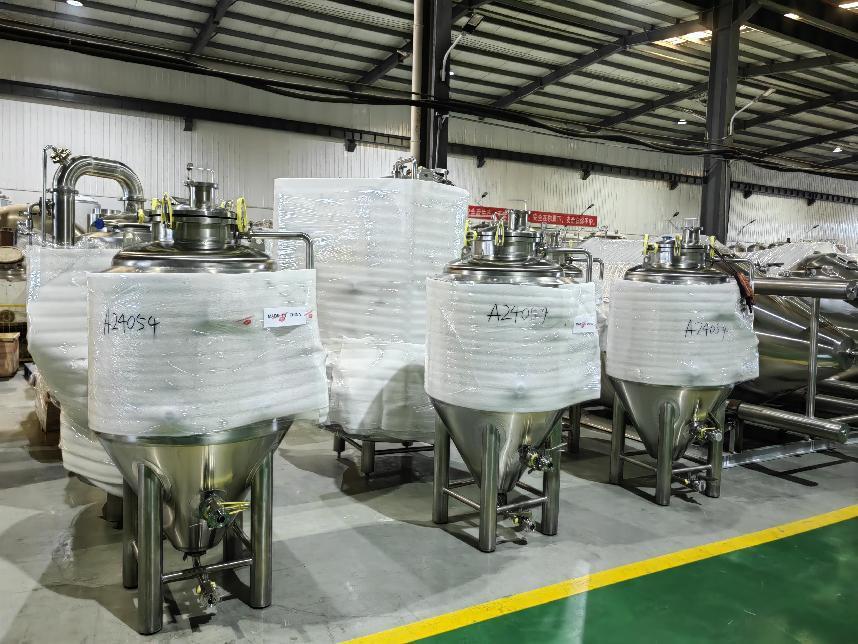
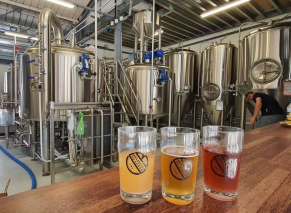
Get A Quote